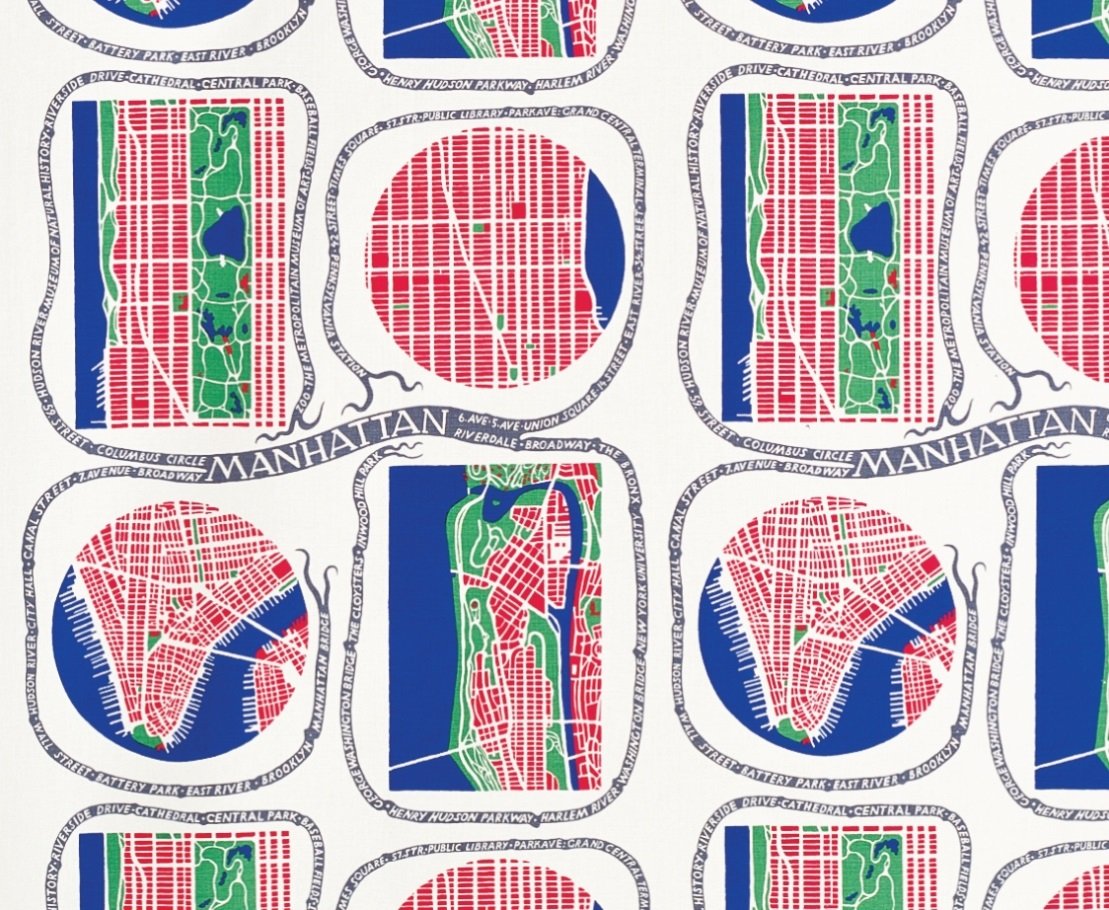Is an IP waiver necessary to make vaccines available to all?

Having caused around five million deaths worldwide as of October 2021, the Covid-19 pandemic and an IP waiver proposal on Covid-19 related medical products before the WTO have been issues of world attention.
In particular, the discussion has gained momentum around the development of cutting-edge vaccines that utilize existing patented advances, such as those mRNA versions produced by Moderna and Pfizer/BioNTech, and their complex production and global distribution processes. The concern could be understandable because although patents are by no means the sole barrier to accessing lifesaving drugs, they can play a determining role in that regard by impacting the affordability and availability of medicines.
The waiver proposal
On 2 October 2020, India and South Africa submitted a proposal to the TRIPS Council of the WTO asking to waive patents, industrial designs, copyright, and protection of undisclosed information on vaccines and other Covid-19 related technologies to increase access to them. Although a significant part of developing countries supported the proposal, other Members, including the US, the UK, Canada, and the EU, used their veto rights to block consensus, making it impossible to reach a favorable decision within a 90-days-period. Nevertheless, WTO Members agreed to keep the proposal on the agenda of the TRIPS Council in 2021.
An effective solution?
The waiver proposal recovered attention with the 5 May 2021 announcement by the US administration that they support a waiver limited to patents on Covid-19 vaccines. However, given the considerable divergences between WTO Members about this issue, and as of yet undiscussed elements (such as an unclear coverage, scope, notification requirements or safeguards, and its length), the waiver negotiation could be completed, at best, on 30 November 2021 at the next WTO Ministerial Conference, or continue past the calendar year 2021. Then, if approved, its actual effects could be seen very late in the context of the current Covid-19 pandemic, even ignoring the implementation times of such a decision into WTO Members’ national law.
In practice, the waiver cannot solve non-IP problems like the shortage in raw materials, insufficient production capacity worldwide to timely produce the required vaccines, and lack of a workforce trained in the highly complex manufacturing processes used in various Covid-19 vaccines. More critically, although the IP waiver proposal may encourage Covid-19 vaccines production everywhere, the risk of accepting the introduction onto the world market of substandard vaccines is pretty high, and short- and medium-term effects would be devastating on public health and pharmaceutical products innovation. In particular, the safety concerns related to generic Covid-19 vaccines produced by inexperienced vaccine manufacturers under the waiver are transcendental if considered the accidentally mixing of Johnson & Johnson and AstraZeneca vaccines ingredients by Emergent BioSolutions, a Baltimore-based company with more than two decades of experience, which resulted in the contamination of 15 million doses.
Available options
TRIPS flexibilities such as compulsory licensing for supplying the domestic market (art 31) or countries with insufficient or no local manufacturing capabilities for pharmaceutical products (art 31bis), together with Least-Developed Countries transitional periods (art 66), seem to be the most practical solutions to approach the problem. Indeed, substantial evidence has demonstrated that the use of the full extent of the TRIPS flexibilities is the main alternative to circumvent the negative impact of patents on medicine access, providing invoking countries with an empowered position to negotiate prices with pharmaceutical companies. The above is true even when actual uses of TRIPS measures may be affected by administrative and political burdens exerted against countries invoking the measures (e.g., the Kaletra compulsory license case in Thailand) or despite some incompatibilities between TRIPS’ requirements and non-traditional medicines (e.g., the labeling framework in the TRIPS art 31bis system -based on traditional pills- results inadequate for novel biologic type treatments).
Then, considering that in the Covid-19 outbreak, two compulsory licenses issued by Israel and Russia respectively demonstrated that a compulsory license issued in one country can have a global impact and that its use effectively addresses both medicine affordability issues and supply shortages, that measure can be the most effective TRIPS flexibility in this context, given its well-recognized usefulness in ‛national emergencies’ or ‛circumstances of extreme urgency.’
Benefits already achieved by the waiver proposal
Although the IP waiver proposal cannot offer a rapid and replicable solution to address a global health crisis such as that caused by the Covid-19 outbreak, and its approval is uncertain, such a proposal has been successful in drawing global attention to the problems in access to essential medicines and the barriers to the full enjoyment of all TRIPS flexibilities, in some cases self-imposed, due to political pressures or a failure to transpose TRIPS provisions into national legislation. More importantly, under the IP waiver proposal, various pharmaceutical companies have provided voluntary licenses or announced the non-application of intellectual property rights in their related products with Covid-19, satisfying the initial goal of the proposal.
Ultimately, an IP waiver is not necessary to make Covid-19 vaccines available to all, but the effects of a threat of IP waiver have been beneficial for that purpose.
| Written by Cristian Camilo Polo Caquimbo, IPKM graduate 2020/2021. |
Other blogs:
Also read
-
Content creators, exercising their freedom of expression, may use trade marks in their content in a way that might damage the interests of trade mark proprietors (e.g. use of Nike shoes in a porn movie). How does EU trade mark law address these different interests?
-
The European Patent Convention defines subject-matter that is not eligible for patent protection, such as methods for doing business. However, when implemented by a computer, non-eligible subject matter becomes eligible for patent protection. Is this desirable?
-
EU trade mark law excludes certain signs from becoming registered trade marks. In particular, shapes cannot be registered if they are necessary for achieving a technical result. In 2015, the amended Regulation broadened this exclusion to ‘another characteristics'. But what is now covered exactly?


